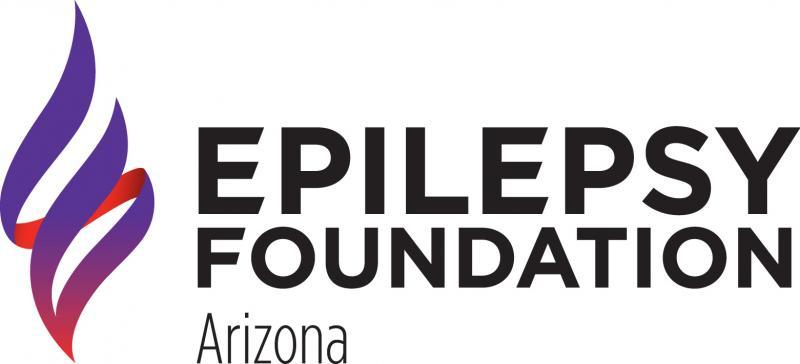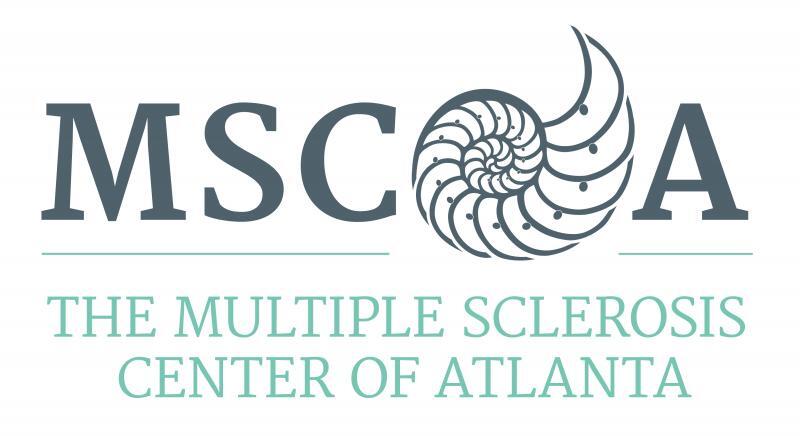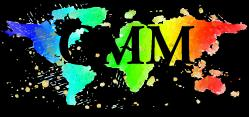Causes: Health, Mental Health, Mental Health Disorders, Pediatrics Research, Voluntary Health Associations & Medical Disciplines
Mission: Our mission is to raise and distribute funds for the most promising research into the causes, treatments and prevention of early-onset bipolar disorder. Because of recent advances in the neurosciences, neuroimaging, and molecular genetics, psychiatry and its related disciplines are now poised, as never before, to more clearly elucidate the neuroanatomical and molecular pathways that are responsible for specific psychiatric diseases. The scientific and clinical team of JBRF is organized around a common research aim: to advance the state of knowledge about this illness so that more effective treatments can be developed.
Results: JBRF has the largest source of symptom data in the world from children affected by bipolar disorder. Research based on our data has resulted in:a neuroanatomical model of the illness (the first for any mental disorder)a treatment approach and pilot study which has exhibited extremely positive responsesthe initiation of a treatment study approved by the FDA a putative biomarker for the condition which may lead to the development of an objective diagnostic test for the condition. JBRF developed diagnostic screening instruments to meet the need for the early identification of bipolar disorder in children: The Child Bipolar Questionnaire (CBQ) is a rapid, low-cost screening tool that has demonstrated a high degree of accuracy predicting various phenotypes of bipolar disorder as well as ADHD. The Jeannie/Jeffrey Illustrated Interview for Children is a screening instrument that makes possible the direct reporting of symptoms by a young child. The comic-strip style illustrations promotes the child's willingness and ability to reveal mood states, fears, suicidal thoughts and/or hallucinations. The Journal of Affective Disorders: A dimensional approach to screening for pediatric bipolar disorder, January 2011, explores the efficacy of the CBQ. The results of a JBRF study focused on establishing guidelines for differentiating early-onset bipolar disorder from ADHD were published in the Journal of Clinical and Experimental Neuropsychology, (Jan 2011). The data from neuropsychological testing of 33 children with bipolar disorder and 22 children with ADHD-only demonstrated specific differences in the neuropsychological profiles. The MRI imaging on the subject children with bipolar disorder revealed a consistent abnormality in the amygdala.
Target demographics: Children between the ages of 4 to 13 years old that have been diagnosed with bipolar disorder.
Programs: ~ clinical treatment study approved by FDA~ whole genome sequencing study~ genetic study
Mission: Our mission is to raise and distribute funds for the most promising research into the causes, treatments and prevention of early-onset bipolar disorder. Because of recent advances in the neurosciences, neuroimaging, and molecular genetics, psychiatry and its related disciplines are now poised, as never before, to more clearly elucidate the neuroanatomical and molecular pathways that are responsible for specific psychiatric diseases. The scientific and clinical team of JBRF is organized around a common research aim: to advance the state of knowledge about this illness so that more effective treatments can be developed.
Results: JBRF has the largest source of symptom data in the world from children affected by bipolar disorder. Research based on our data has resulted in:a neuroanatomical model of the illness (the first for any mental disorder)a treatment approach and pilot study which has exhibited extremely positive responsesthe initiation of a treatment study approved by the FDA a putative biomarker for the condition which may lead to the development of an objective diagnostic test for the condition. JBRF developed diagnostic screening instruments to meet the need for the early identification of bipolar disorder in children: The Child Bipolar Questionnaire (CBQ) is a rapid, low-cost screening tool that has demonstrated a high degree of accuracy predicting various phenotypes of bipolar disorder as well as ADHD. The Jeannie/Jeffrey Illustrated Interview for Children is a screening instrument that makes possible the direct reporting of symptoms by a young child. The comic-strip style illustrations promotes the child's willingness and ability to reveal mood states, fears, suicidal thoughts and/or hallucinations. The Journal of Affective Disorders: A dimensional approach to screening for pediatric bipolar disorder, January 2011, explores the efficacy of the CBQ. The results of a JBRF study focused on establishing guidelines for differentiating early-onset bipolar disorder from ADHD were published in the Journal of Clinical and Experimental Neuropsychology, (Jan 2011). The data from neuropsychological testing of 33 children with bipolar disorder and 22 children with ADHD-only demonstrated specific differences in the neuropsychological profiles. The MRI imaging on the subject children with bipolar disorder revealed a consistent abnormality in the amygdala.
Target demographics: Children between the ages of 4 to 13 years old that have been diagnosed with bipolar disorder.
Programs: ~ clinical treatment study approved by FDA~ whole genome sequencing study~ genetic study
info@jbrf.org
550 Ridgewood Road, Maplewood, NJ 07040
914-468-1297

Health
Maplewood













































